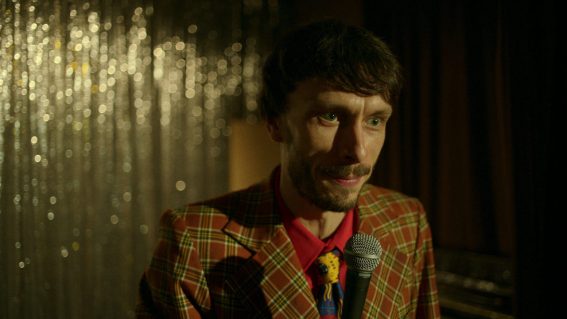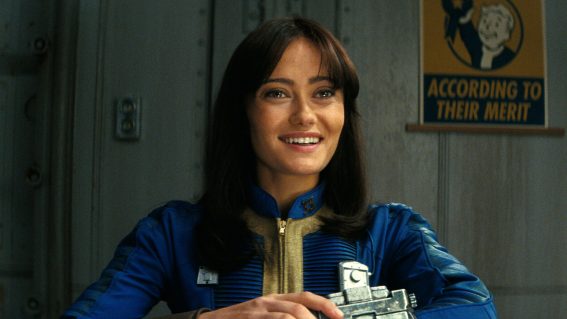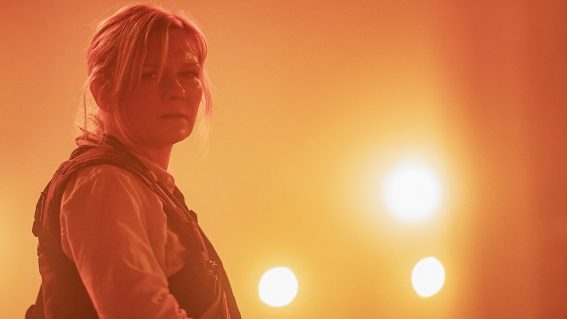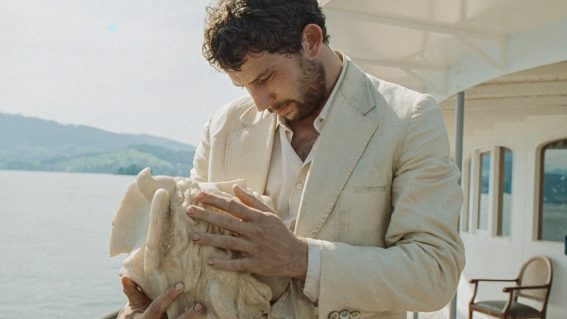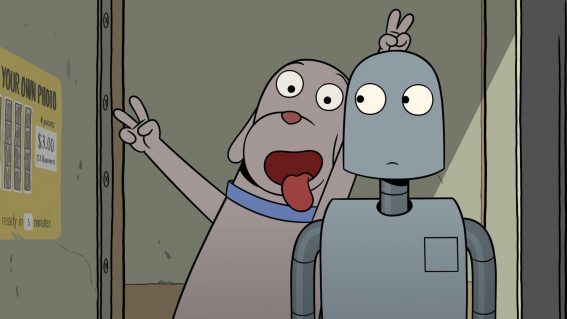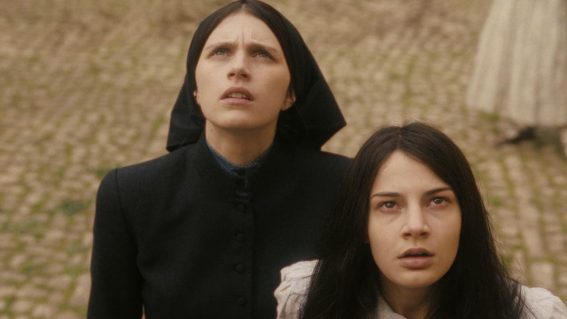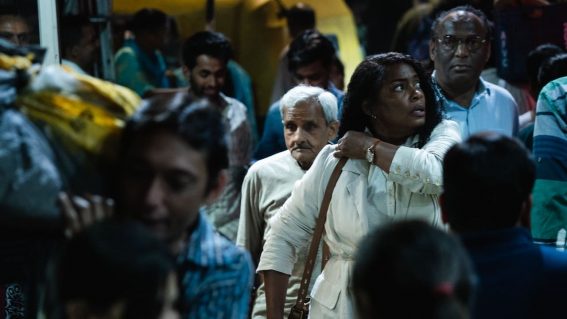The Sex Lives of College Girls is about much more than ‘four girls, one dorm’
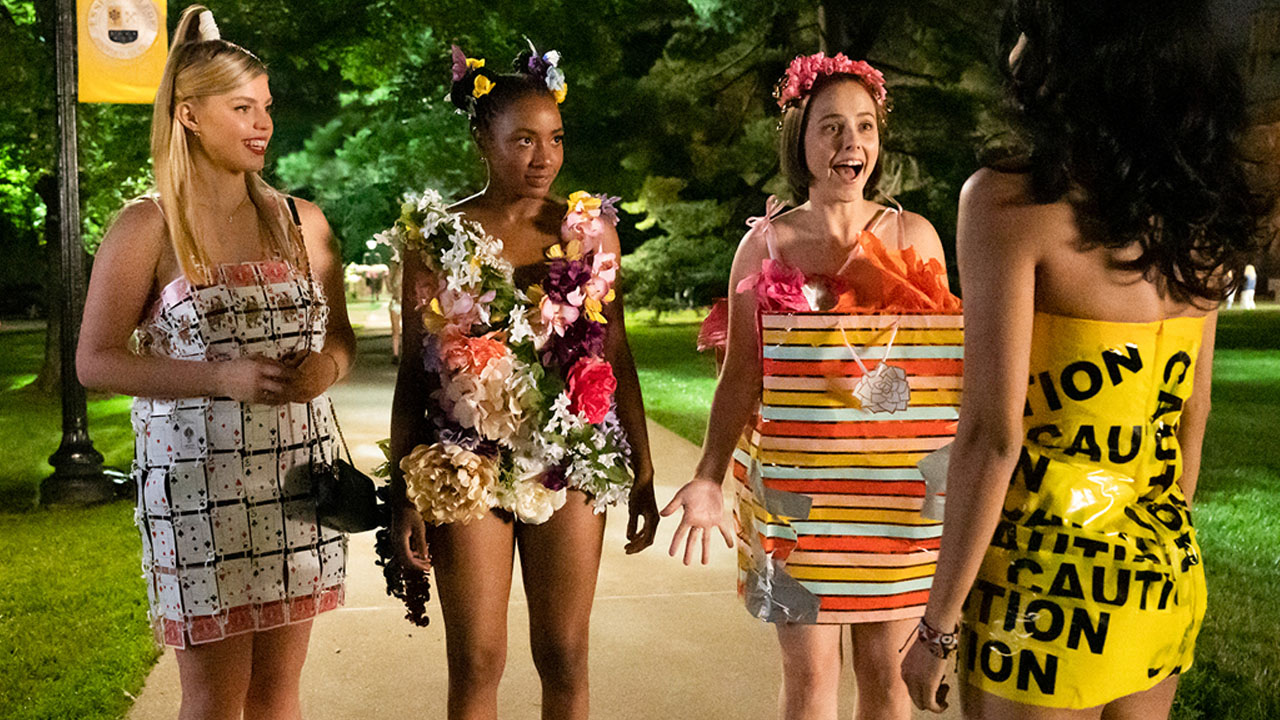
Mindy Kaling’s new offering The Sex Lives of College Girls delves into exactly what the title says it does and more. It’s funny, refreshing and surprisingly wholesome for all its raunchiness, writes Laumata Lauano.
The Sex Lives of College Girls: Season 1
Four girls, one dorm. This is the type of imagery co-creators Mindy Kaling and Justin Noble want to conjure, surely, with a name like The Sex Like of College Girls. But it’s not what the show is about.
Well it is, in the literal sense because when they do be ‘getting nasty’—we’re privy to it. But it’s tame, almost PG-13, despite what the title might lead you to think. It’s less sleaze and scandal, and more lessons and laughter—perhaps not in that order.
The Sex Like of College Girls‘ ten-episode series follows four college freshmen roommates through the trials, tribulations and hilarious situations at their fictional elite New England school Essex College.
Not to say there isn’t any scandal or sleaziness, but there’s less an emphasis on the ‘sex’ than there is on the ‘lives’ of the title as the real excitement lies in the insight into campus life and the unprecedented freedom it offers young adults who want to do a bit of self-discovery and/or reinvention amongst others trying to do the same thing.
Personally, I can’t really relate to that because I went to university in the same city I grew up in—but go awff, America. And I can totally relate to meeting a bunch of new people from all walks of life in the ginormous lecture theatres full of first-years.
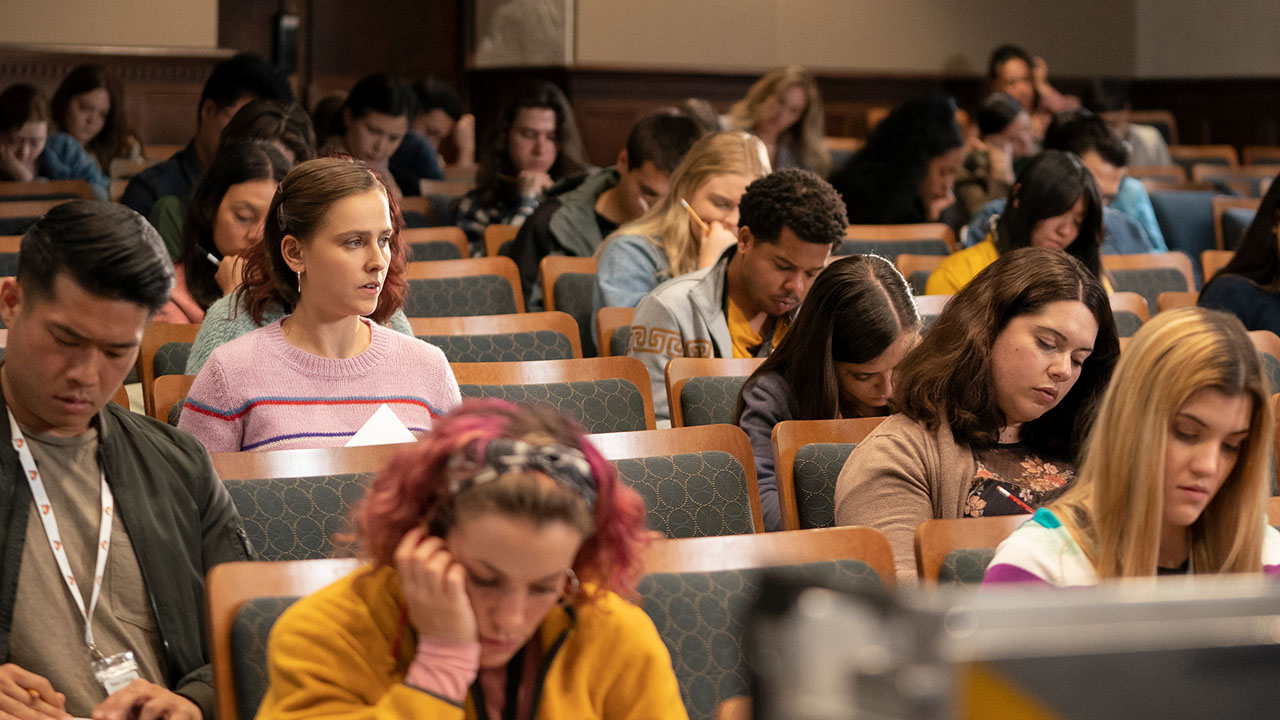
You can’t get more ‘from all walks of life’ than our core ensemble, we have ‘just a small-town girl’ Kimberly (Pauline Chalamet—yes, sister of Timothée) from Arizona, the sex-positive East Asian American ‘nerd virgin’ Bela (Amrit Kaur), the New York rich Regina George/Blair Waldorf knockoff Leighton (Reneé Rapp), and sporty spice athlete-on-the-rise Whitney (Alyah Chanelle Scott) who lives in the shadow of her senator mother.
You also couldn’t have gotten a better bunch of recycled character personalities if you tried. It runs the risk of stereotypical bullshit, but not under Kaling and Noble’s watch. I mean the two gave us Never Have I Ever together. Individually, Kaling’s The Mindy Project gave us a show that centred around a woman of colour—dubbed Kaling’s ‘magnum opus’ by the Guardian for all it’s achieved for atypical female leads in the genre and Kaling herself. And with Noble, Brooklyn Nine-Nine, need I say more?
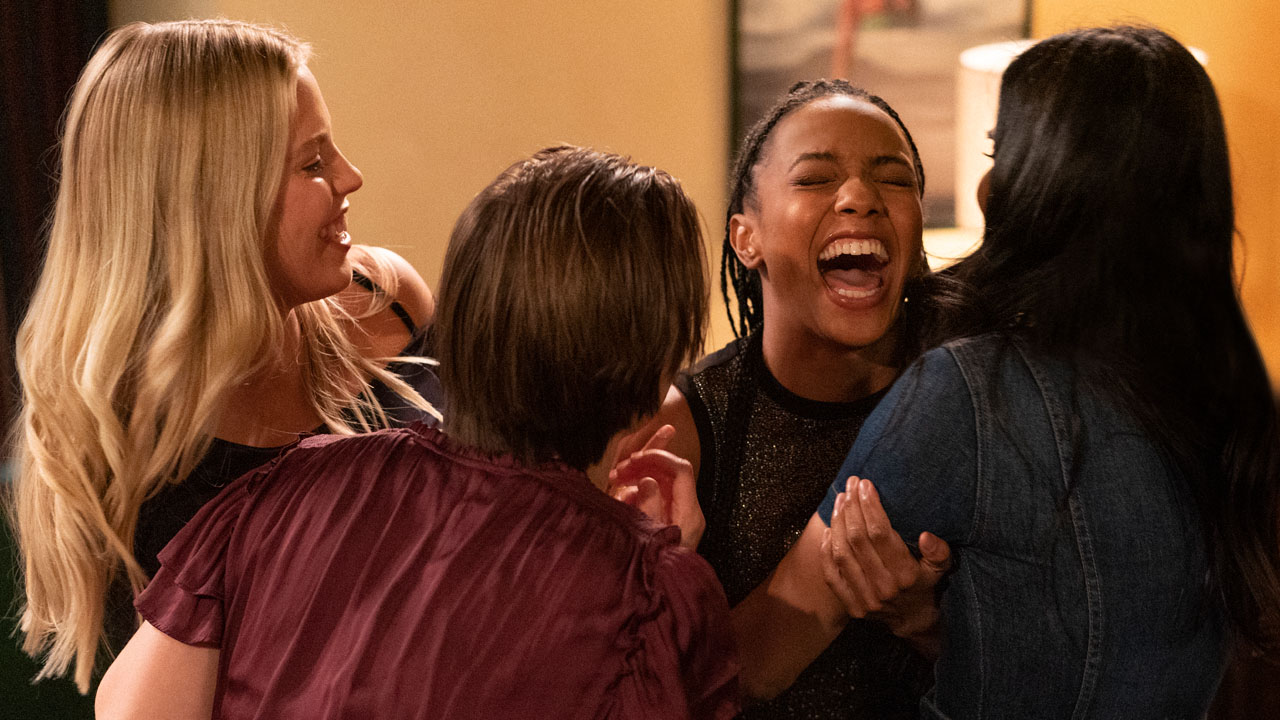
Our characters have a lot more going on than what we’re initially shown—and as we discover more about them, so too do they find out about themselves. But that’s the thing about layered comedy, or storytelling in general, there’s what you get at face value and then further developments and intricacies that add to the authenticity of a character. Scratch the surface a bit and you’ll discover so much more, and with each new discovery here—laughter, mostly. Or at the very least a greater understanding.
If you watch the show you’ll find more to the characters than just their initial character traits, you might even find that some of their quirks you may have found initially irritating can either endear them to you or at least make you aware of why they are the way they are.
It helps that there’s good chemistry between the leads, including the male cast. Gavin Leatherwood, fresh from Chilling Adventures of Sabrina, is a nice touch on the eyes as Nico, Leighton’s older brother, as is Chris Meyer who plays Canaan, Kimberly’s coworker.
Kimberly and her coworkers at her work-study job at the campus coffee shop could have a show on their own—I could watch Canaan and Lila (played by Ilia Isorelýs Paulino) prank the unsuspecting and annoyingly sincere, to the point of ignorant, Kimberly all day. Her co-workers quickly emerge as two of the show’s most instantly likeable supporting characters, their deadpan comedic timing brilliant as they goad Kimberly on.
It’s the way they handle her white-feminist cluelessness jokingly without reducing her or themselves to gross “teachable moments” for me. Also, on supporting characters, I enjoy the freedom and abandon of the TikTok famous Jocelyn (played by Lauren Spencer), a physically disabled student who is living her best life, it seems.
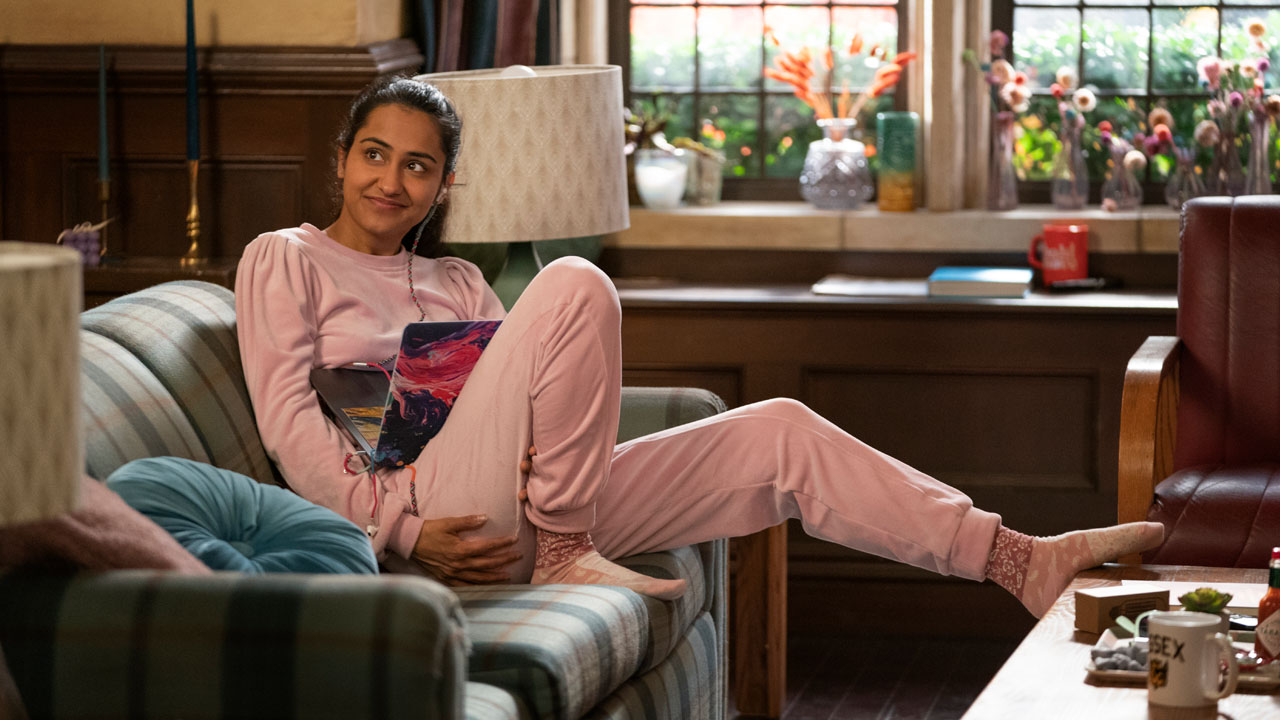
Our core ensemble however, they’re a bit like mould in that they grow on you with a bit of time and before you realise it. It’s not that they’re initially unlikeable—well, apart from Leighton. But like I said, the surface traits can sorta get a bit much. Bela’s constant exclamations of being sex-positive can be a bit grating, not that there’s anything wrong with sex-positivity, but there’s only so much yelling of “yeah sex-positive!” we can take. Kaur shines more in subtle moments, because then we see more of a personality to Bela than the ‘in your face’ horny teenager. She has some good one liners too.
The same can be said for all the roommates. We probably know the least about Whitney after the first episode—beyond visibly feeling neglected by her mum, a scandalous affair and soccer. Soccer, soccer, soccer. Which is cool, because I do appreciate athletic characters with depth.
I don’t appreciate her dalliance with power dynamics but it does allow for further growth and hopefully a possible subversion of sorts but until then we appreciate her supportiveness of her roommates from the get. She’s already more sincere and self-aware, but I foresee some heartache—no other way around it with her situation.
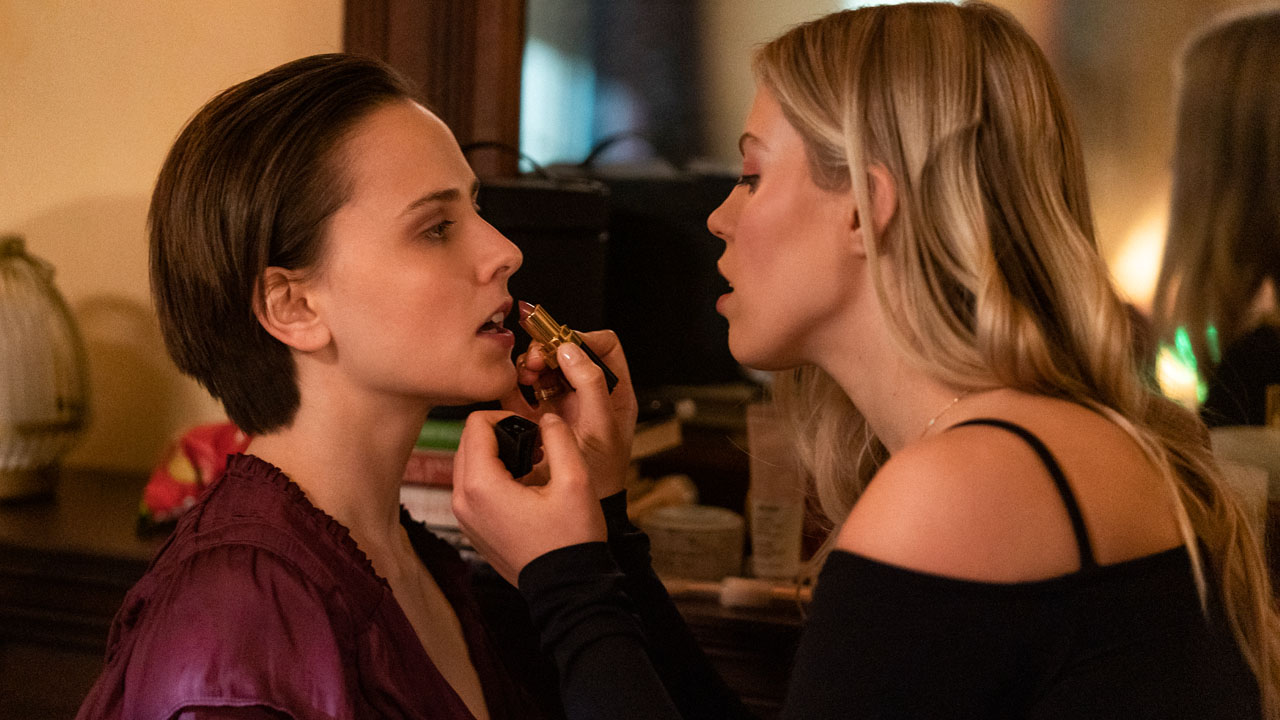
And Leighton, I half-expected her to be introduced by the voice of Gossip Girl, she’s obviously written to be hated but there’s more depth to her than the most popular rich girl whose friends were reeeeaally not her friends. Some of it may be in the closet but it doesn’t exactly define or excuse her behaviour really. She has a huge learning curve coming (hopefully).
All in all, there’s a warmth to the show beyond its comedy, and even just in the first few episodes you can tell there are some great bonds forming. There will no doubt be many lessons learned, mostly unrelated to their tertiary education, but that’s part and parcel of a coming of age show. There will be laughter and no doubt some tears— hopefully of laughter.






